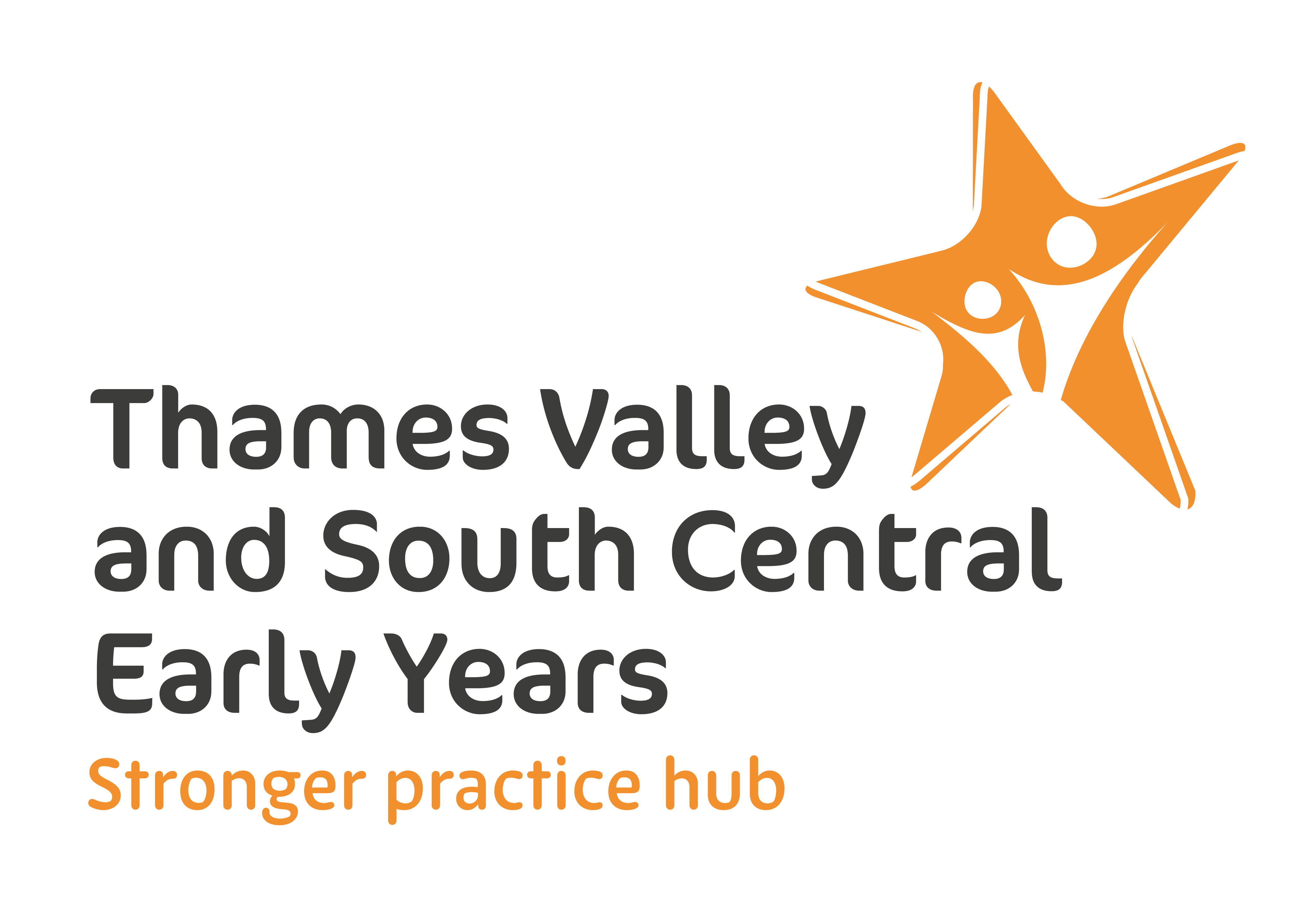Pedagogical practices may differ from one setting to another but ensuring that children can ‘see’ themselves in educational resources is key for creating an inclusive participatory learning environment. Young children possess a strong awareness of their own unique identity, are acutely sensitive to their surroundings, and can rapidly acquire understanding of the people, places, and routines in their lives. In peer interactions children prove time and again that they are competent and capable of participating in sensitive discussions and will demonstrate empathy and understanding from the perspectives of others. These moral judgments are usually based on their funds of knowledge modelled within significant relationships in the home, localities, and communities. The ability to adapt teaching practices to support the ‘unique individual child’ (Colilles, 2020) encourages children to share their understanding and, in so doing, ensures the growth of meaningful learning experiences. Notwithstanding then the early years environment is an essential component in supporting children’s development of a strong sense of identity.
Representation Matters: Creating space for culturally appropriate resources by Dr Sharon Colilles
EYSPH Blog - Dr Sharon Colilles.pdf
EYSPH Blog - Dr Sharon Colilles.pdf
(196.79 KB)
